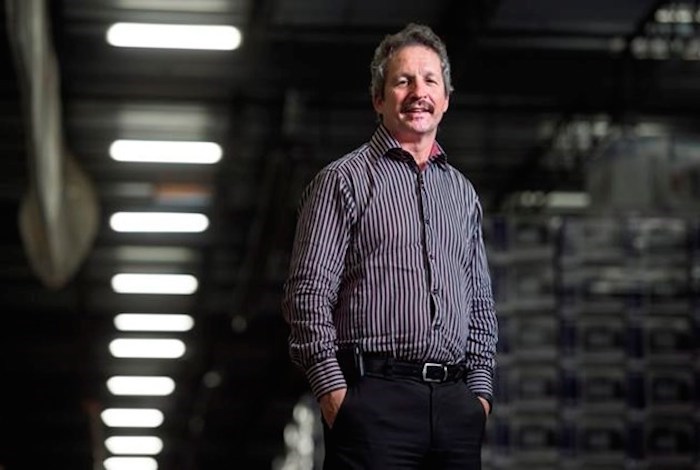Last summer, Danby CEO and local philanthropist Jim Estill committed to bringing Afghan refugees to Guelph. He's been waiting ever since.
He asked the federal government for 300 spaces, meaning 300 people he would sponsor out of pocket, just like the more than 80 Syrian refugee families he sponsored and helped settle in 2016.
For every Afghan family that arrives, Estill organized five mentor families who volunteered to help settle the refugees. The funds are ready, the volunteers are ready, and as soon as Estill gets a sense of the timing, he will be able to begin housing.
But last month, Estill received permission for only 10 spaces, and after sending in paperwork, he hasn’t heard the word of any refugees coming.
“It's terrible because the government says to the public and on their website, 'we're here to help the Afghan refugees, we're doing our part,' and the message is a false message because we can't bring anybody in,” said Estill.
“When I first asked, it was that the election is coming and then well, now they have to wait till the Immigration Minister is appointed and then we're getting into the holidays of Christmas so, all it is, is excuse excuse excuse, but this thing's going on forever.”
Estill’s frustration lies with the government process.
“The government people are very good people and they do try, but I am somewhat frustrated with the government too. They're literally not doing what they say they're supposed to be doing,” he said.
A month ago the Government of Canada increased the number of people it plans to bring from Afghanistan to 40,000.
This includes Afghan nationals who don’t have a durable solution to a third country or are women leaders, human rights defenders, persecuted religious or ethnic minorities, LGBTI individuals or journalists and those who helped Canadian journalists. Danby is one of the hundreds of Sponsorship Agreement Holders (SAH) in Canada that are allocated refugees they can bring into the country.
Estill said once he is granted spaces he needs to submit paperwork because the process of background checks takes time, sometimes six months to three years.
“It's frustrating that Danby SAH has not been given the spaces,” said Estill, adding that no SAH has been able to bring Afghan refugees into the country.
Guelph MP Lloyd Longfield said during the pandemic, government offices are not up to the same efficiency as they normally are. He said since the situation worsened in Afghanistan in August, Canada has had trouble accessing the airports and negotiating with the Taliban and that the Canadian government has placed priority on Afghans who worked with Canadians during the war and put themselves at risk by being allies to the Canadians.
He said once the paperwork is submitted, the screening checks for health and security take time.
“When you're dealing with security checks with a country that's under siege by the Taliban, those checks are not easy to do,” said Longfield, adding that the government still plans on bringing in 40,000 Afghan refugees.
“I'm hoping we're going to see more increased funding to immigration, but it's more than just money. The process of trying to get people out of a war district is a very difficult process.”
Estill said there was also a little bit of a delay when bringing Syrian refugees in 2016 but at that time the trouble wasn't getting spaces from the government, the difficultly was long processing times and when the government needed to meet their quota by the end of the year, Guelph had 150 Syrian refugees arriving in December, a busy and difficult time for everyone involved.
“I want to know, When are we going to give the spaces to the SAH? When are people going to be allowed to sponsor refugees? Like it's pretty simple,” said Estill.
There are three different ways refugees are sponsored in Canada: private sponsorship, government sponsorship and blended visa.
“The difference in price between private sponsorship and government sponsorship, I always say, is that the government can give you a bus pass. We can show you, give you the bus pass and ride the bus with you,” said Estill.
The five mentor families per refugee family ready to volunteer their time include one with children the same age as the family-sponsored, one who speaks the same language and the rest who volunteer to help with accommodation, schooling and food.
“The longer you leave people in a state of limbo, the more apt they are to have problems. And the tougher it is to get people back. It's just humanitarian. I mean we're willing to do it, we're willing to do it now. Why would you want people to live in poor conditions for longer? said Estill
"We didn't want the Italians and then we didn't want the Irish and we didn't want the Vietnamese, we didn't even want the Hungarians. Frank Hasenfratz just died. He was a Hungarian refugee and you can't say he didn't contribute to our community. If it wasn't for Linamar, Guelph would not be what it is today.”
